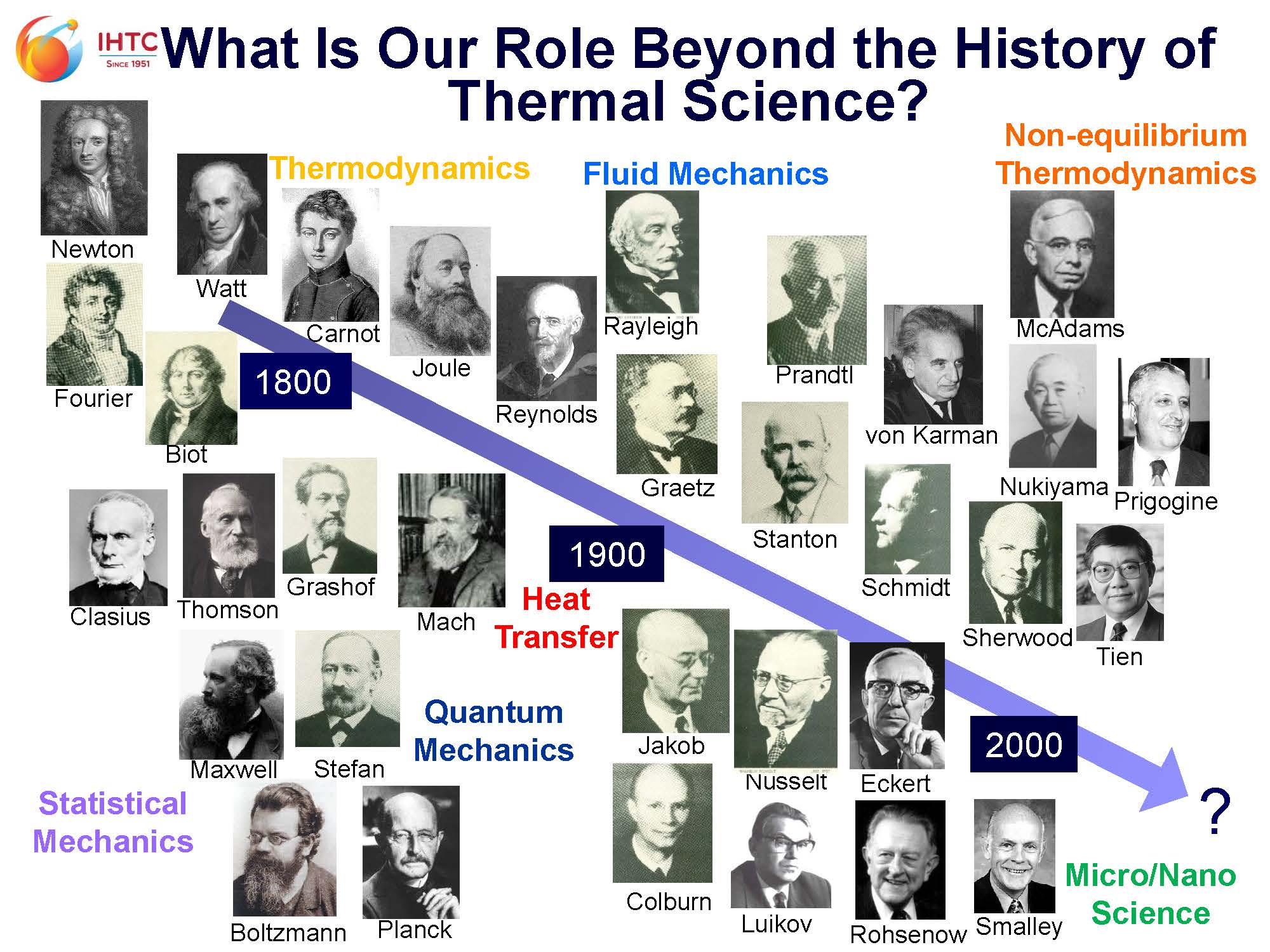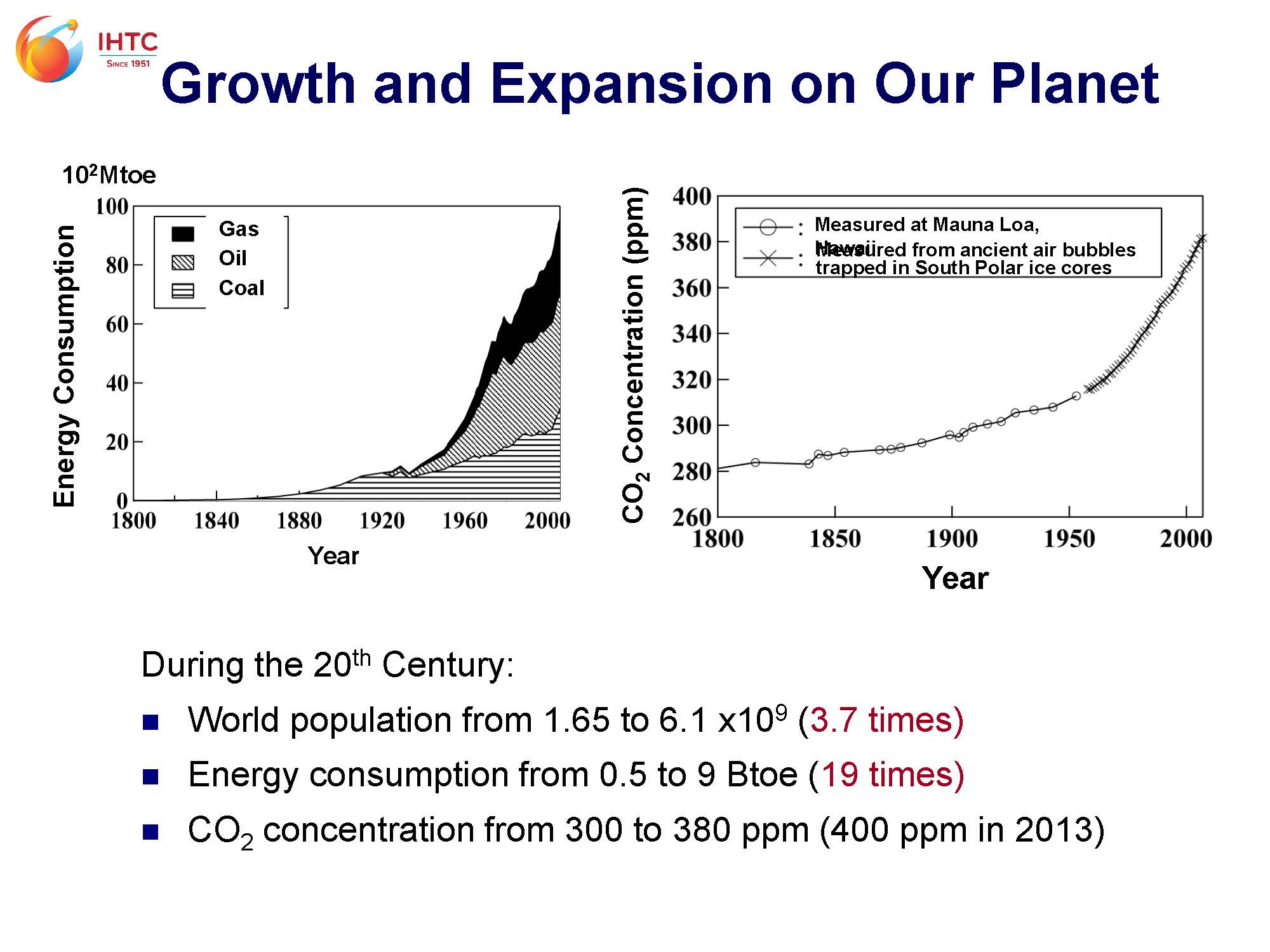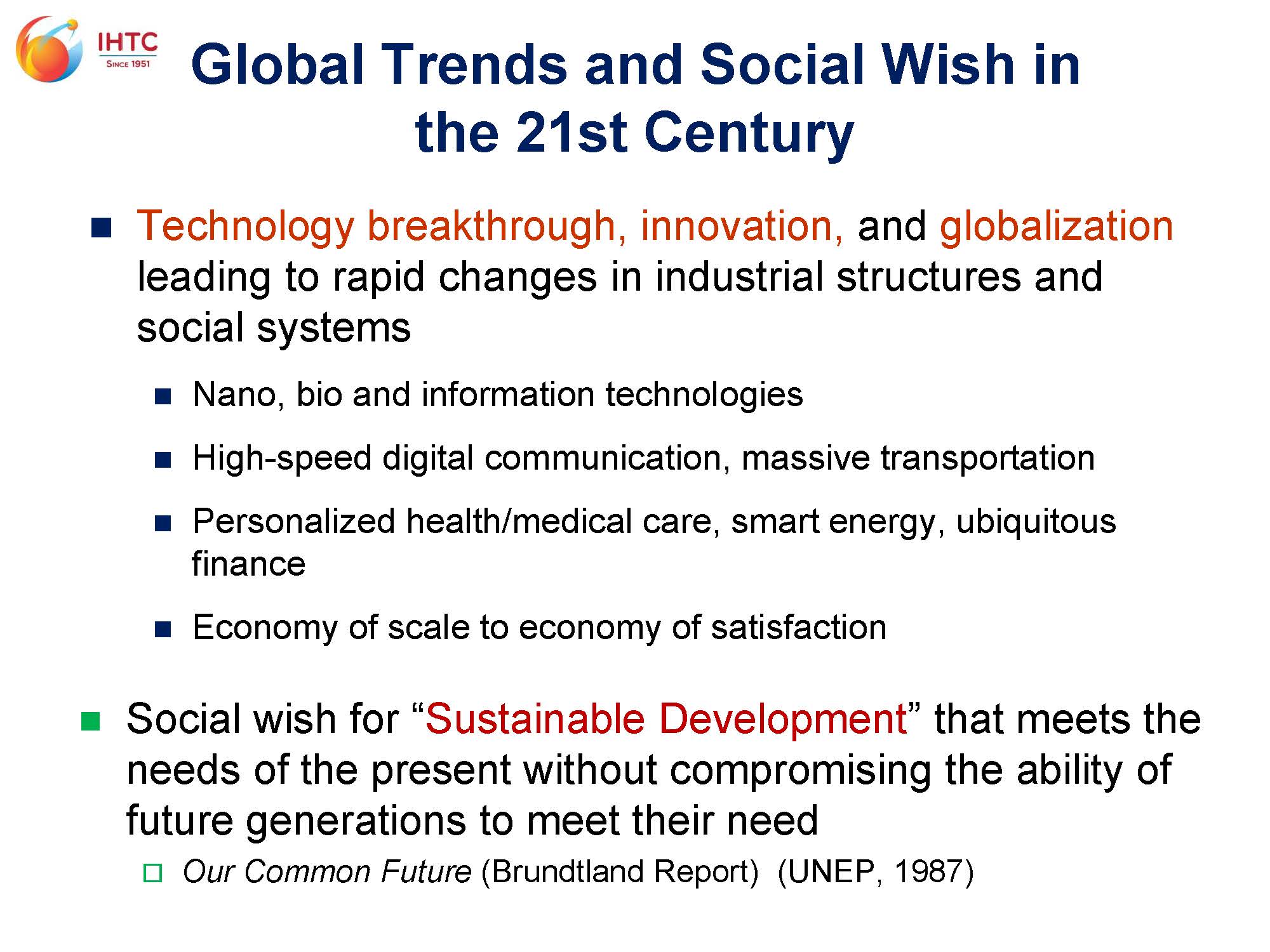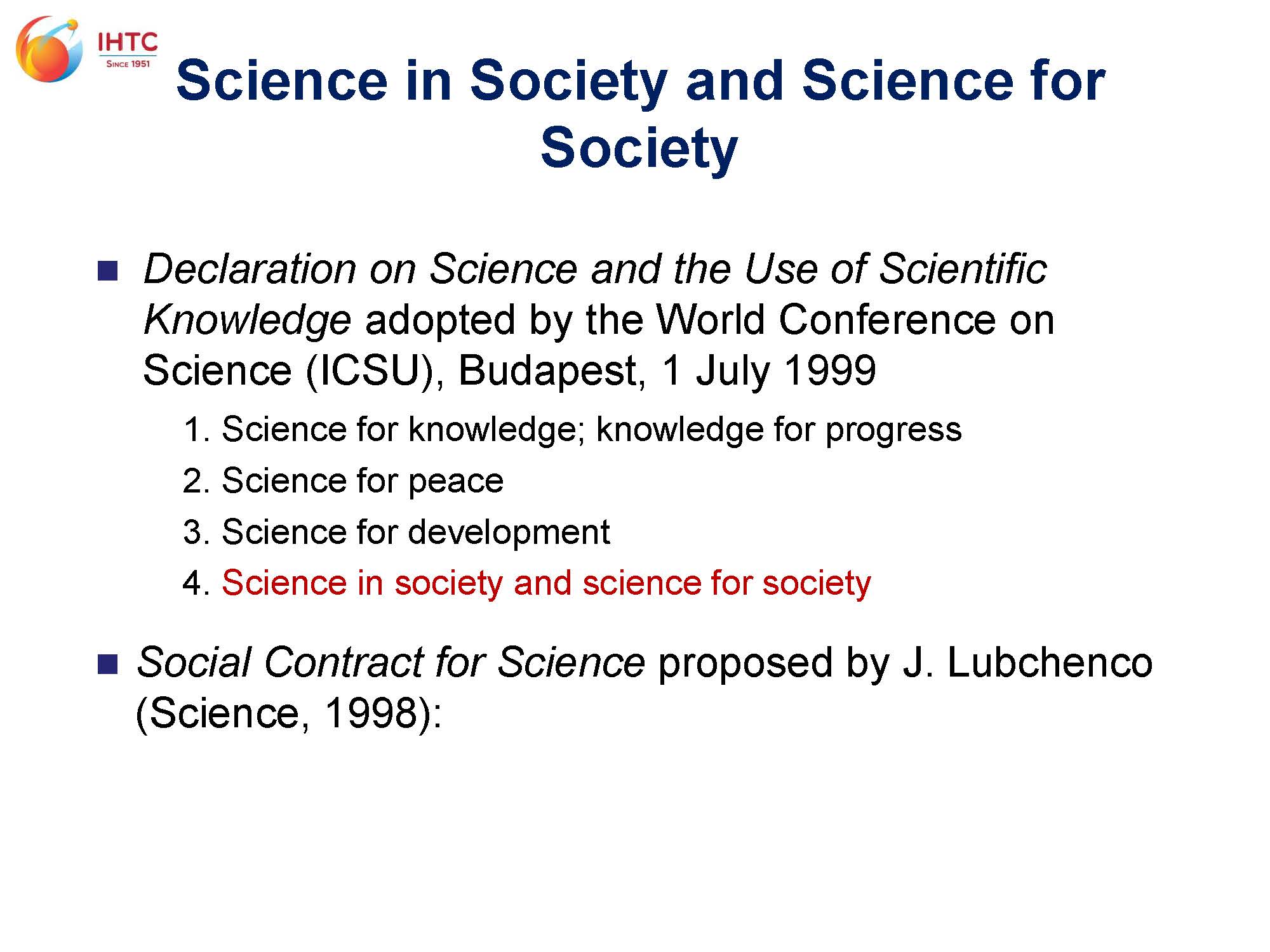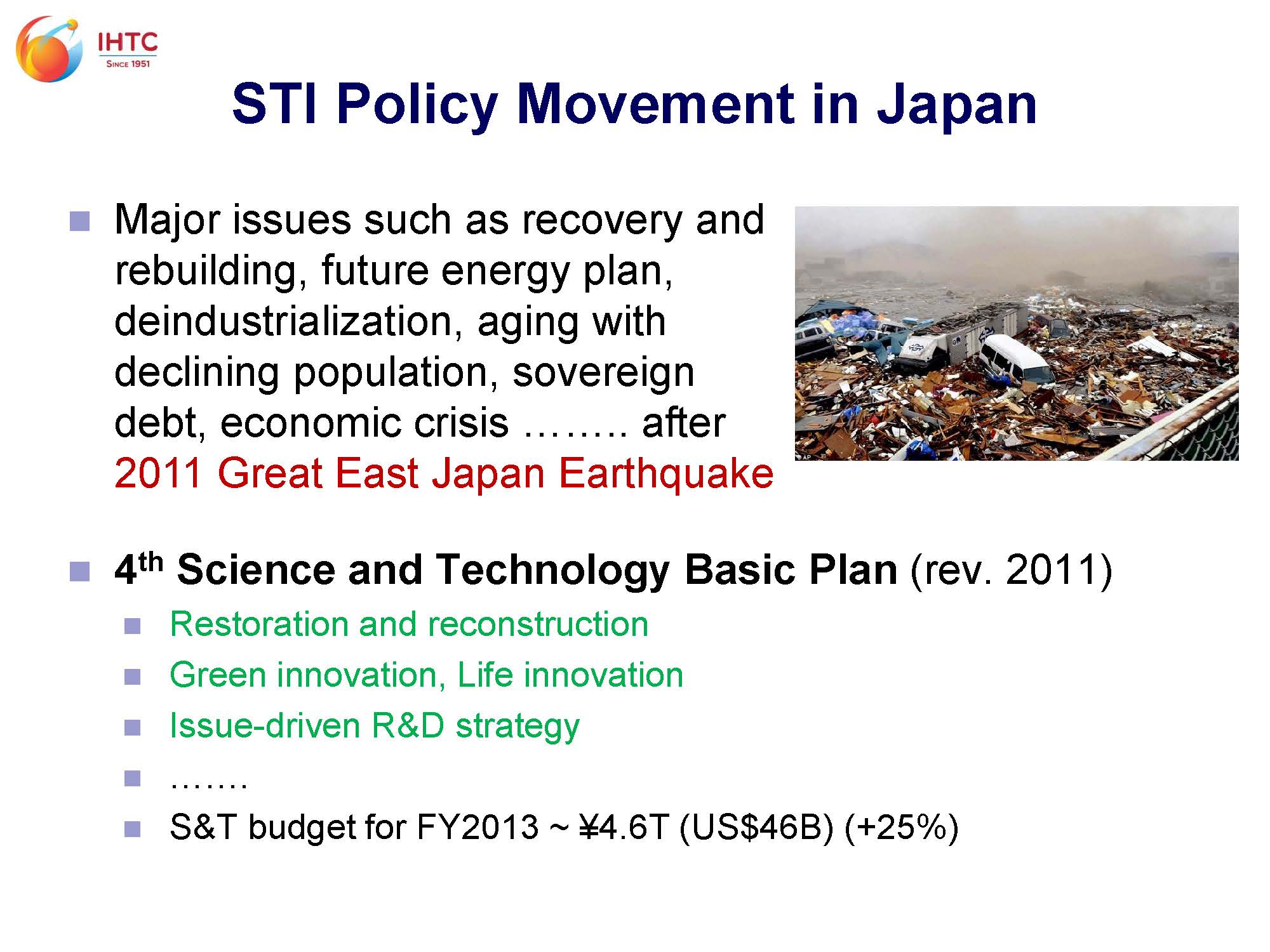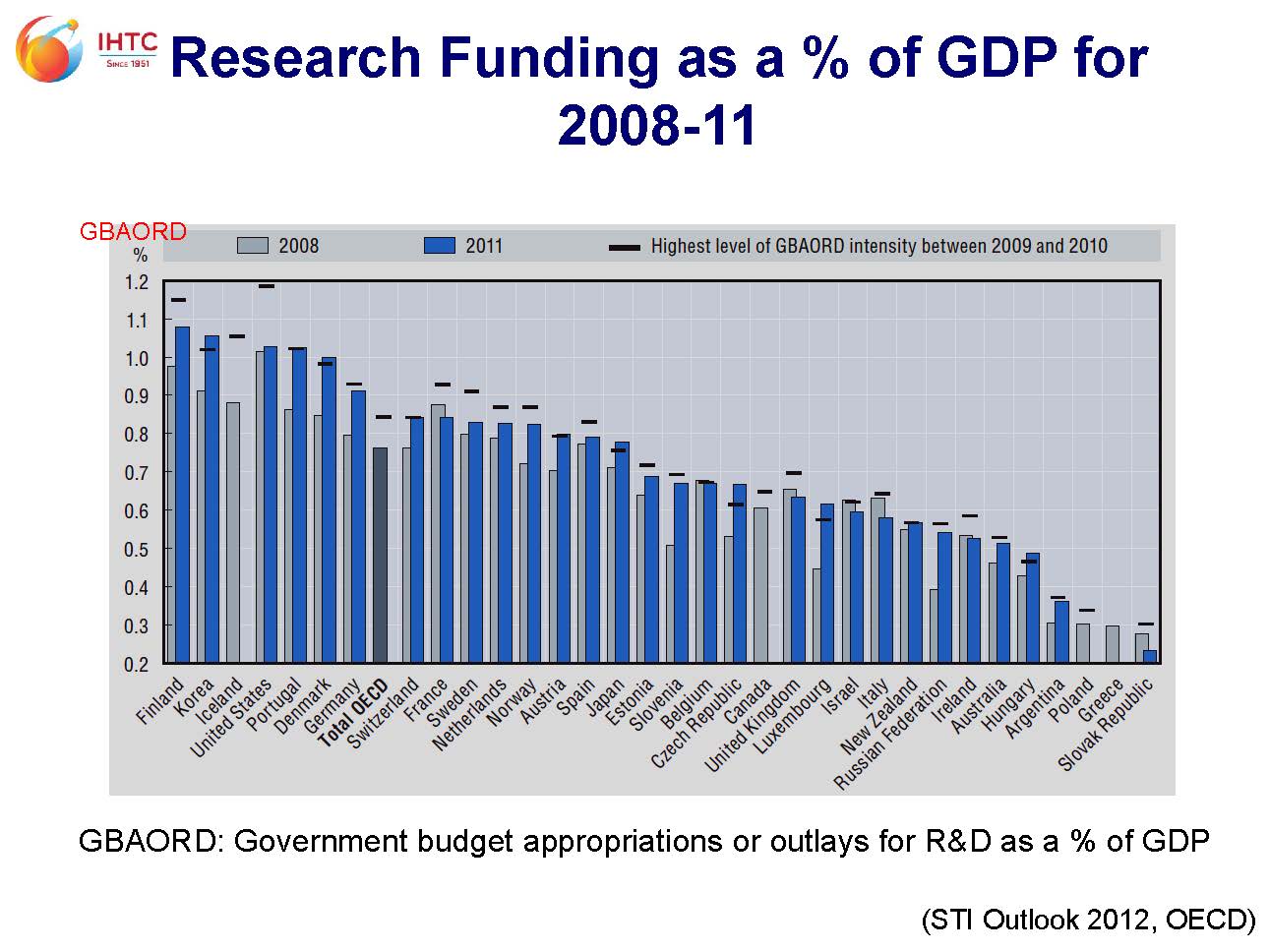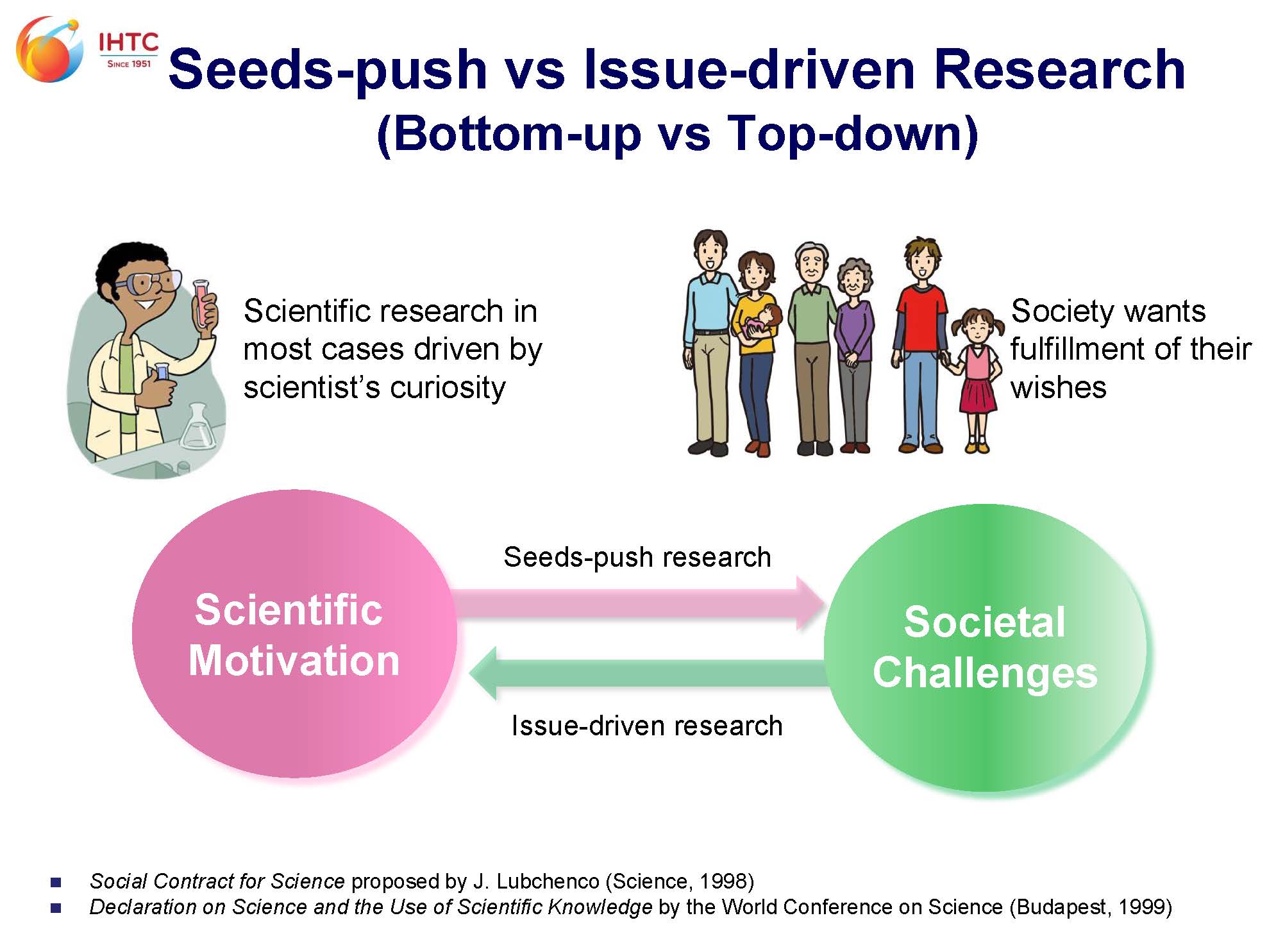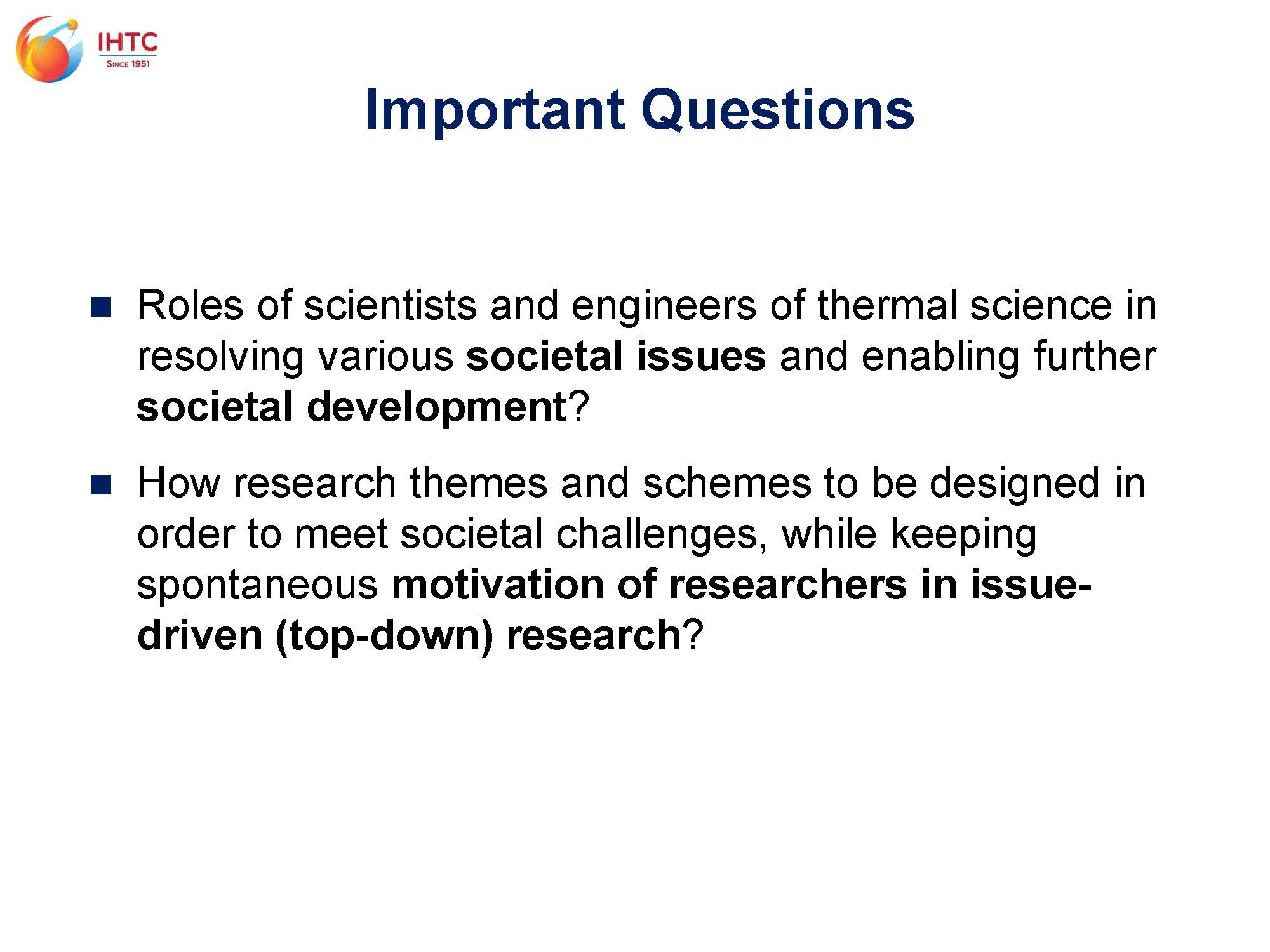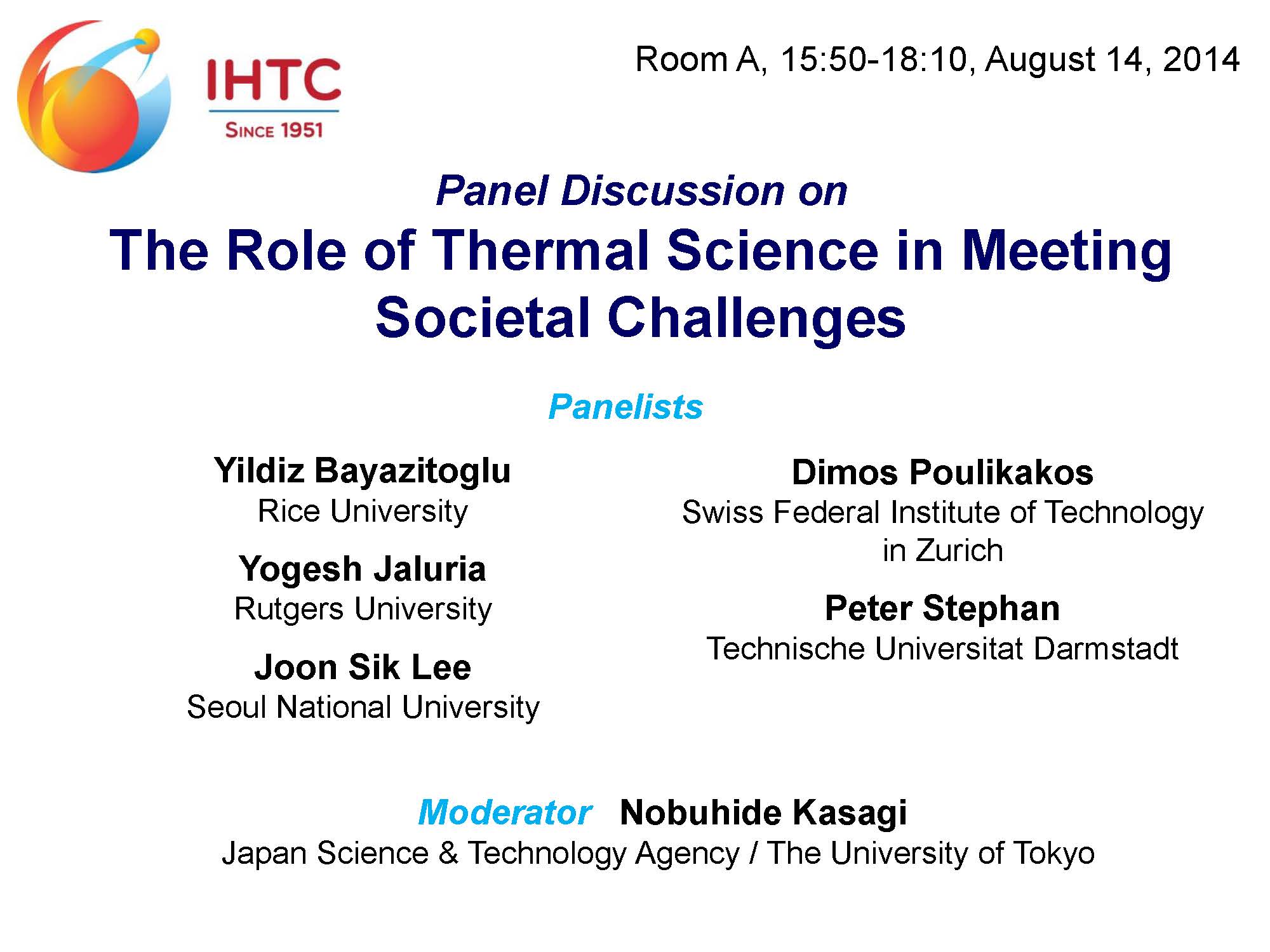

My name is Nobuhide Kasagi from Japan Science and Technology and I am Professor Emeritus of the University of Tokyo. We have a very excellent panelist here today. I'd like to introduce each of them. From my left, Professor Peter Stephan, Technische Universitat (TU) Darmstadt from Germany; Professor Dimos Poulikakos, Swiss Federal Institute of Technology in Zürich; Professor Yogesh Jaluria from Rutgers University, United States; Professor Joon Sik Lee from Seoul National University and Professor Yildiz Bayazitoglu from Rice University.
As you see here, the issue the Role of Thermal Science in Meeting Societal Challenge, of course broad issue and for which we cannot immediately prepare the right answers nor consensus of our research community, but after the plenary lecture driven by Prof, Yoshikawa, I believe many of you have been stimulated to think about this for the last few days. I will first give your background or motivation why we prompted this panel discussion here during this conference.
